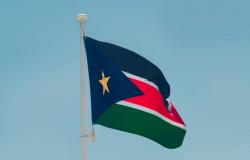
Protection is not simply something done or delivered to people by states, humanitarian organisations and armed peacekeepers. Instead, a growing literature has begun to examine the self-protection strategies of people and communities in protracted violent crises. Its authors suggest that nuanced understandings of how people retain a measure of agency in the face of violence is an important first step for those seeking to reduce their levels of threat and vulnerability. We use interview data from communities in Bor and Ler, South Sudan, long affected by conflict, to show how attention to the relationship between public authority and the safety of strangers can reveal the skills, resources and conditions under which protection is successfully provided. This also helps to re-root ‘protection’ in local vernaculars that more closely resemble its everyday use among South Sudanese and offers entry points for humanitarian interventions with more realistic prospects of positive outcomes for communities sceptical of humanitarians' broken promises to protect.
Photo by aboodi vesakaran